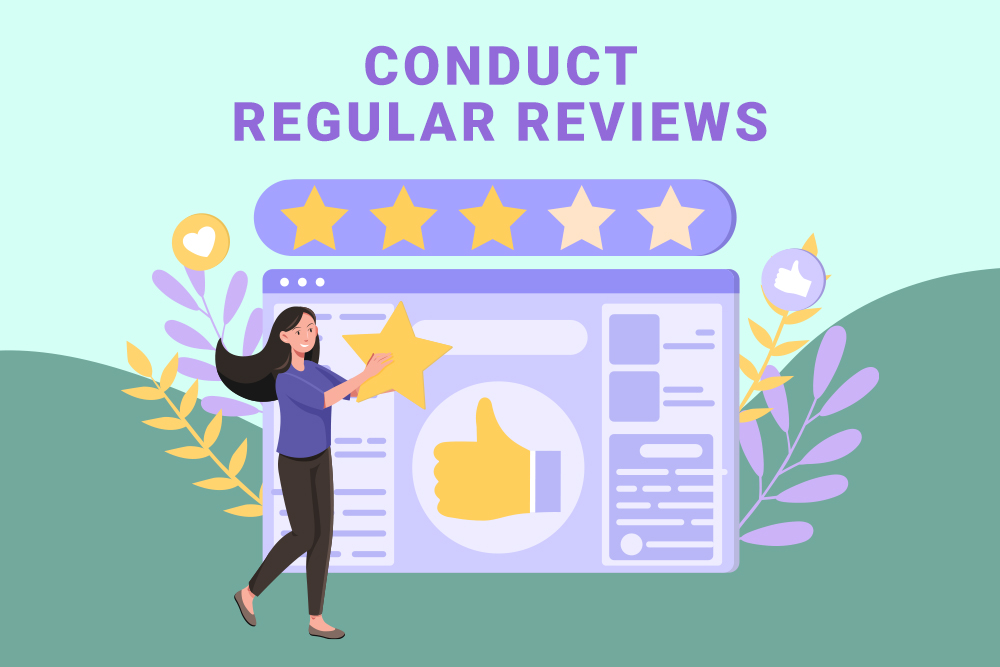Resolving Business Partnership Disputes in Vietnam
In the dynamic landscape of Vietnam’s economy, business partnerships are increasingly common as companies seek to leverage synergies, resources, and market insights. However, partnerships can also lead to disputes, often resulting from misunderstandings, differing visions, or breaches of agreement. Effectively resolving business partnership disputes is crucial for maintaining healthy professional relationships and ensuring the continuity of operations. This article explores the nature of business partnership disputes in Vietnam, methods of resolution, and the role of partnership dispute lawyers in guiding parties through the process.
Understanding Business Partnership Disputes
Business partnership disputes can arise from a range of issues, including:
- Contractual Disagreements: Disputes often stem from disagreements regarding the terms of the partnership agreement, including profit sharing, responsibilities, and decision-making authority.
- Miscommunication: Poor communication between partners can lead to misunderstandings that escalate into conflicts.
- Differing Goals and Visions: Partners may have different objectives for the business, leading to disagreements on strategy, operations, and future direction.
- Breach of Fiduciary Duties: Partners in a business owe fiduciary duties to one another, and breaches of these duties, such as self-dealing or lack of transparency, can lead to significant disputes.
- Exit and Dissolution Issues: When partners wish to exit the business or dissolve the partnership, disputes may arise concerning the division of assets and liabilities.
Understanding the root causes of disputes can aid partners in developing strategies for resolution and prevention moving forward.

Legal Framework Governing Partnerships in Vietnam
In Vietnam, partnerships are mainly governed by the Law on Enterprises, which outlines regulations related to various business structures, including partnerships. Key legal provisions include:
- Partnership Definition: The law defines a partnership as a business entity where multiple partners join together to carry out lawful business activities and share profits and liabilities.
- Registration Requirements: Partnerships must meet specific registration requirements, including submitting the necessary documentation to local authorities, ensuring legal recognition of the business entity.
- Rights and Obligations: The law specifies the rights and obligations of partners within a partnership, which can provide a legal basis for resolving disputes.
Methods of Resolving Partnership Disputes
When disputes arise, partners have several options for resolution. The choice of method often depends on the nature of the dispute, the relationship between partners, and desired outcomes.
1. Negotiation
Negotiation is the most informal method of dispute resolution and involves direct dialogue between partners to address concerns. Key aspects include:
- Open Communication: Partners should engage in honest discussions about their grievances, focusing on collaborative problem-solving rather than adversarial approaches.
- Flexibility: Negotiation allows for flexibility in finding solutions tailored to both parties’ needs, fostering goodwill and maintaining relationships.

2. Mediation
Mediation involves the assistance of a neutral third party, the mediator, who facilitates discussions between disputing partners to help them reach an agreement. Benefits of mediation include:
- Confidentiality: Mediation sessions are private, allowing parties to discuss delicate issues without public exposure.
- Cost-Effectiveness: Mediation is generally less expensive and quicker than litigation, making it an appealing option for resolving partnership disputes.
- Preservation of Relationships: The collaborative nature of mediation helps partners maintain their professional relationships while resolving conflicts amicably.
3. Arbitration
If negotiation and mediation do not lead to successful resolution, arbitration may be pursued. Arbitration involves a neutral third party (the arbitrator) who hears both sides of the dispute and makes a binding decision. Key advantages include:
- Finality: Arbitration decisions are generally final and legally binding, reducing uncertainty for partners.
- Expertise: Parties can select an arbitrator with specific expertise in business or partnership disputes, enhancing the understanding of the case’s nuances.
4. Litigation
As a last resort, litigation may be necessary for resolving disputes, particularly complex or contentious cases. Key steps include:
- Filing a Lawsuit: The aggrieved party can file a lawsuit in court, detailing the dispute and seeking remedies for claims made against the other partner.
- Discovery Process: During litigation, both parties present evidence, rebuttals, and witnesses, allowing for a comprehensive examination of the facts.
- Judicial Determination: The court will issue a judgment based on the evidence presented, legally resolving the dispute.
While litigation can provide definitive resolution, it can also be costly and time-consuming, so it is often advisable to pursue it only after negotiating or attempting mediation.
The Role of Partnership Dispute Lawyers
Engaging a partnership dispute lawyer can greatly enhance the likelihood of a favorable outcome during disputes. Here are key contributions of legal professionals:
1. Legal Expertise
Partnership dispute attorneys possess specialized knowledge of Vietnamese commercial and civil law, enabling them to provide accurate legal advice and guidance throughout the dispute resolution process.

2. Drafting and Reviewing Agreements
Lawyers can assist in drafting comprehensive partnership agreements that clearly define roles, responsibilities, and rights, reducing the potential for conflicts and misunderstandings.
3. Representation in Negotiations and Mediation
Attorneys can represent clients during negotiation and mediation proceedings, leveraging their skills to advocate for favorable terms and settlements.
4. Litigation Representation
If disputes escalate into litigation, partnership dispute lawyers represent their clients in court, presenting evidence and legal arguments effectively to protect their interests.
5. Risk Management
Legal representation helps identify potential legal risks and liabilities associated with partnership agreements and business operations, enabling partners to address issues proactively.
Best Practices for Preventing Partnership Disputes
To minimize the likelihood of partnership disputes, consider implementing the following best practices:
1. Establish Clear Partnership Agreements
Draft detailed partnership agreements that outline terms and conditions, including financial arrangements, roles, decision-making processes, and dispute resolution mechanisms.
2. Foster Open Communication
Encourage regular meetings and discussions among partners to address concerns, provide updates, and enhance understanding. Open channels of communication can prevent misunderstandings.
3. Conduct Regular Reviews
Regularly review and update partnership agreements as necessary, especially when significant changes occur in business operations, ownership, or goals.

4. Educate Partners About Rights and Obligations
Ensure that all partners understand their rights, responsibilities, and liabilities within the partnership. Education on partnership dynamics and legal implications fosters accountability.
5. Consider Mediation Clauses
Incorporating mediation clauses into the partnership agreement encourages partners to pursue amicable resolution before escalating disputes to arbitration or litigation.
Conclusion
Navigating partnership disputes requires a comprehensive understanding of legal frameworks, effective communication, and strategic planning. By being proactive in establishing clear agreements, promoting open dialogue, and engaging skilled partnership dispute lawyers, business partners can manage conflicts effectively and protect their interests. In the dynamic Vietnamese market, cultivating trust and collaboration among partners is essential for ensuring the sustainability and success of business ventures. By implementing best practices and focusing on conflict resolution, partners can work together to achieve mutual objectives and foster long-term growth.
